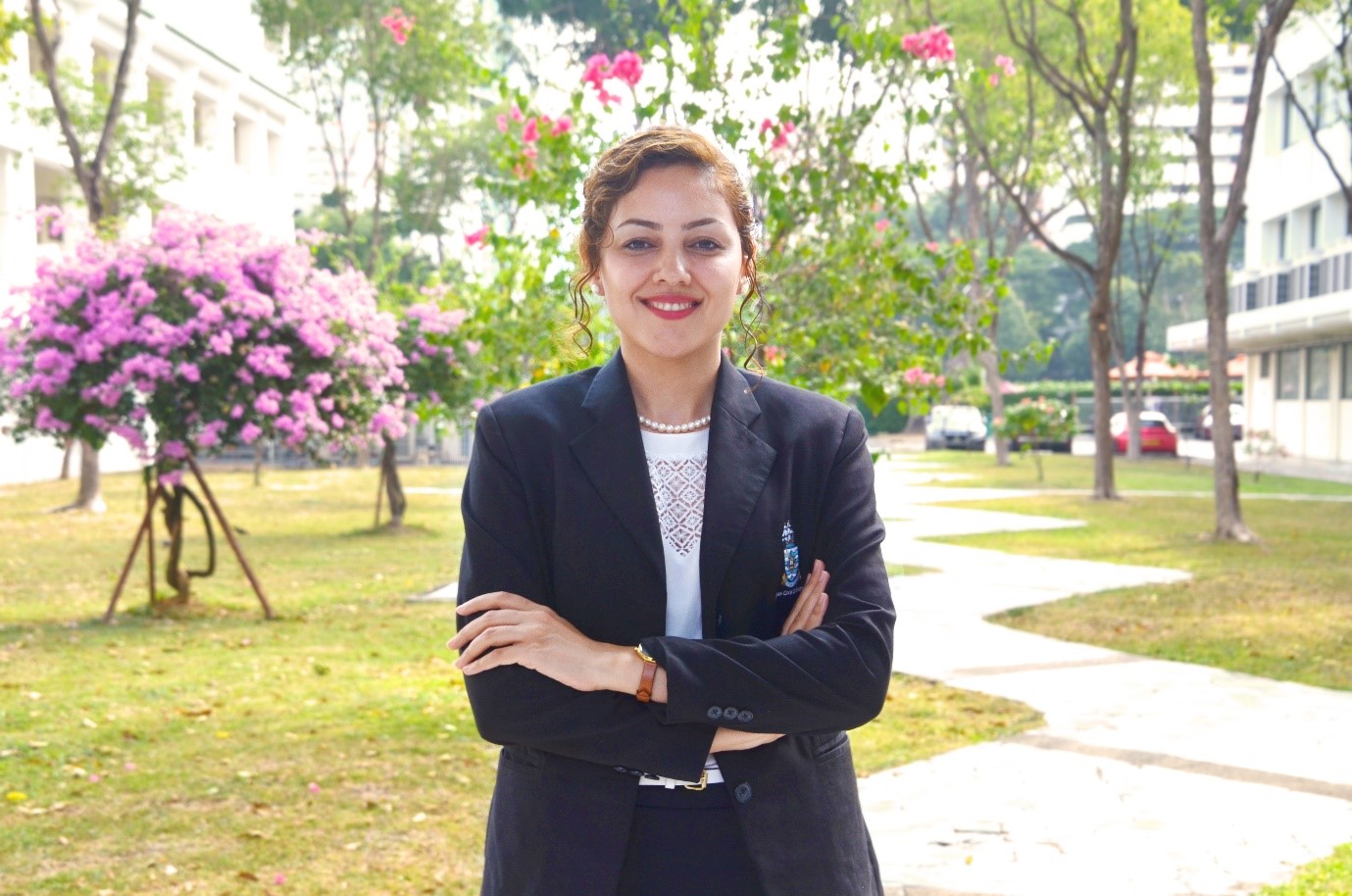Media Releases
What the new coronavirus outbreak means for the tourism industry
Media Releases

Tourism is a fragile and fickle industry that is highly influenced by external factors, such as the COVID-19 outbreak.
The Singapore Tourism Board (STB) announced in a media release on 11 February 2020 that Singapore’s tourism sector would take a “significant hit” this year, with visitor arrivals estimated to fall by 25 per cent to 30 per cent due to the current outbreak of coronavirus disease (COVID-19) that was first reported from Wuhan, China, on 31 December 20191.
Dr Zohre Mohammadi – Research Fellow in Tourism at James Cook University in Singapore – said that COVID-19 “is strongly interwoven with tourism impacts, and its transmission can act as a two-blade sword.”
She explained, “Tourism can be a major source contributing to the spreading of the virus if unrestricted travel continues, while on the other hand, if people stay at home and do not travel for holidays, the impact on the global economy and tourism stakeholders would be undeniable; especially for countries heavily dependent on tourism with a focus on the Chinese market.”
In response to the outbreak, Singapore has implemented a series of risk-reduction measures to foreign travellers arriving from mainland China, and those with a recent travel history to Mainland China within the last 14 days2. A number of other countries have also enacted similar measures to reduce the risk of imported cases and community transmission3.
Dr Mohammadi said, “The new restrictions on travel amid the virus outbreak affects the number of arrival tourists, along with their perceptions of a country as well. These perceptions can be long lasting. As a result, many tourists have cancelled or delayed their unnecessary travels.”

(Pictured: Dr Zohre Mohammadi)
The truth is, the tourism industry has faced many threats similar to the COVID-19 outbreak, such as the SARS outbreak which began in 2002. Dr Mohammadi shared, “The downturn of the tourism industry from SARS was estimated at $30-50 million, although the tourism industry around the world was not as dependent at that time on the Chinese market as today.”
“For example, there were less than 40 million outbound Chinese tourists in 2002, while in 2019 Chinese tourists exceeded 134 million; consequently, a dip is expected in the tourism industry as a result of restrictions on Chinese tourists travelling abroad. Meanwhile, the most influenced countries are expected to be those from ASEAN that have the greatest share of Chinese tourists.”
Singapore currently ranks among the top three infected countries for COVID-19 placing tremendous pressure on its citizens and the tourism industry as a whole. In addition to the threat of the virus for human health globally, rapid recovery after the pandemic is contained will be vital, as tourism is the main source of livelihood for lots of people in Asia.
In an effort to bounce back from the impact of the outbreak in Singapore, a task force comprising of tourism leaders from both the private and public sectors will be formed to lay out strategies for recovery and future growth4.
At the moment, it’s hard to say definitively where the trajectory of COVID-19 will go, but the road to recovery for Singapore’s tourism may be a slow one; especially considering the estimated impact on arrivals for the COVID-19 outbreak is steeper than the 19 per cent decline in 2003 amid the SARS outbreak.
Consequently, Dr Mohammadi suggested a two-stage recovery plan: “First, to dispel the negative image of the country and change the perception of both domestic and international tourists by providing the information to the tourists on how to safeguard their personal health and announcing all the efforts done by the country for the safety of the residents and tourists against the virus outbreak.”
“Second, developing Singapore domestic tourism and investing in attracting people from countries like Indonesia and India as alternative markets.”
Check out Dr Zohre Mohammadi’s staff and research profiles here.
For further information on areas of research strength in Business and future collaborative opportunities at James Cook University in Singapore, view our booklet here.
1 Singapore Tourism Board. 11 February, 2020. “STB rallies tourism sector to face biggest challenge since SARS.” https://www.stb.gov.sg/content/stb/en/media-centre/media-releases/stb-rallies-tourismsectortofacebiggestchallengesincesars.html
2 Singapore Tourism Board. 07 February, 2020. “Advisory on COVID-19 (Coronavirus Disease 2019)” https://www.visitsingapore.com/about-singapore/traveller-information/novel-coronavirus-pneumonia-advisory/
3 The Straits Times. 10 February, 2020. “Coronavirus: Hundreds of thousands of overseas Chinese stuck in China as more countries impose travel ban” https://www.straitstimes.com/asia/east-asia/coronavirus-hundreds-of-thousands-of-overseas-chinese-stuck-in-china-as-more
4 The Straits Times. 12 February, 2020. “Task force to tackle expected 30% fall in tourists” https://www.straitstimes.com/singapore/task-force-to-tackle-expected-30-fall-in-tourists
Contacts
Dr Zohre Mohammadi zohre.mohammadi@jcu.edu.au
Media: Pinky Sibal pinky.sibal@jcu.edu.au